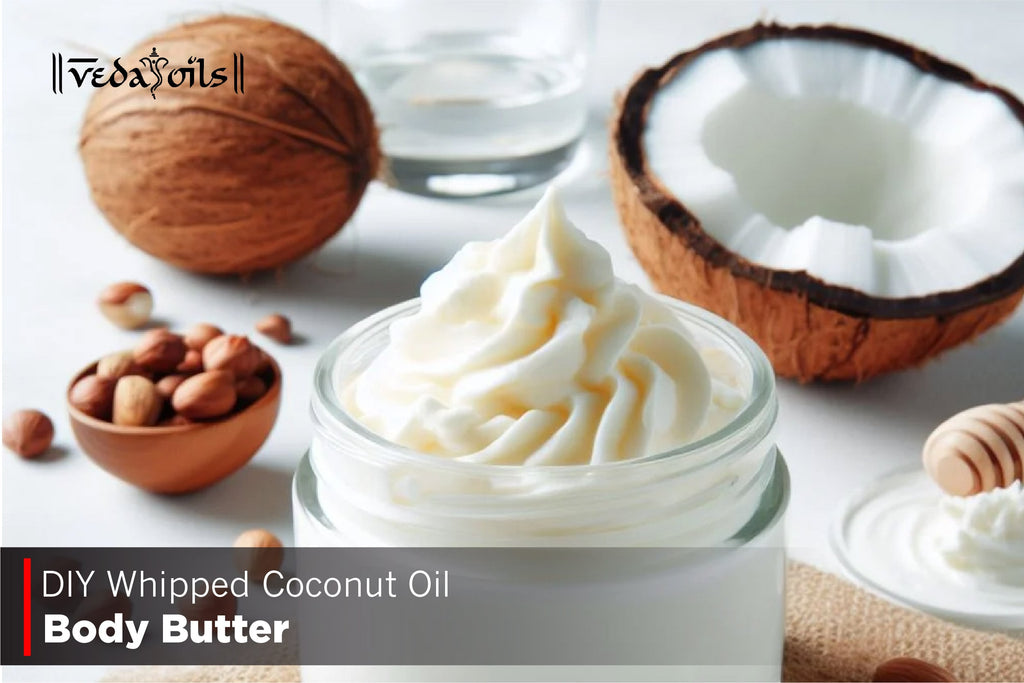Almond Oil Vs Apricot Oil - Which One Is Better?
Do you have a preference between almond oil and apricot oil? To cut a long story short, unless you have an allergic reaction to one of them, you can't go wrong with apricot oil vs almond oil.

The best oil for you will depend on your skin and hair type and how your skin and hair react to different things. Many people alternate between these two carrier oils. By reading on, you should have a good idea of which oil to try for your hair and skincare routines, as well as DIY projects.
What Is Apricot Oil?
This Apricot Oil contains oleic acids and vitamin E, which allow it to penetrate deeper into the skin and scalp.
Apricot oil, also known as apricot kernel oil, is extracted from the Prunus armeniaca kernels. It is similar to almond and peach oil, both removed from the kernels of their respective fruits.
What Is Almond Oil?
Almond Oil has a variety of health benefits. Almond oil is a plant-based, healthy oil that contains monounsaturated fats and vitamin E.

It is frequently used in hair and skin care products. Almond oil absorbs more easily into the skin and scalp while remaining light on the skin.
Difference Between Apricot Oil And Almond Oil
Both almond and apricot oil are members of the same family and provide the same benefits and applications. Both have the same comedogenic rating of 2. However, almond oil is gentler on the skin and hair than apricot oil, making it suitable for daily use.
Apricot Oil Vs Almond Oil For Hair
Hair problems are becoming more prevalent, and if you're wondering which oil is better for hair, apricot oil or almond oil, you've come to the right place.
Apricot Oil For Hair
Apricot Seed Oil, which contains oleic acid, effectively treats hair and scalp problems. Oleic acid, an omega-9 fatty acid, provides essential proteins to hair follicles. These minerals improve scalp health by reducing fungal infections and dandruff, stimulating hair growth, and making hair shiny and strong.

Almond Oil For Hair
Unlike more intense, heavyweight oils like argan or coconut oil, Sweet Almond Oil is a versatile hair oil that works well with a wide range of hair types, including thick, fine, curly, wavy, straight, and natural. Because it is a lightweight oil, it is suitable for all hair types. This oil improves hair while remaining light on the scalp.
Apricot Oil Vs Almond Oil For Skin
Which is better, apricot oil vs almond oil? These oils will improve your skin by properly nourishing it, maintaining skin elasticity, and reducing dark spots to make your skin tone more evenly.
Apricot Oil For Skin
Apricot kernel oil nourishes the skin, reducing the appearance of fine lines and wrinkles while improving skin tone and radiance. It also has antiseptic, antibacterial, and antioxidant properties that can aid in the healing of blemishes and protection against environmental damage.

Almond Oil For Hair
Almond oil is high in vitamins D, E, and minerals, which help relieve inflammation, protect against UV ray damage and hydrate the skin. It also contains a lot of vitamins A and B, potassium, magnesium, and calcium. It is high in unsaturated fats and penetrates deeply to soften your skin.
Apricot Oil Vs Almond Oil - Which Is Better?
Linolic acid found in apricot kernel oil promotes skin regeneration. It contains slightly more vitamin E than most sweet almond oils. This oil is excellent for mature and sensitive skin. Consider it a massage oil or an easy-to-use moisturizer. Apricot oil stimulates collagen production, resulting in brighter, spotless, and evenly toned skin.

Regarding treating hair, almond oil is far superior to apricot oil due to its lightweight nature. Both almond oil and apricot oil contain vitamin E, which both nourishes and protects. However, apricot oil contains beneficial nutrients that can add to hydration, making it feel thicker and more hydrated than dry, brittle hair.
Conclusion
Both apricot oil and almond oil are excellent moisturizers. Apricot has a higher affinity with the skin due to their high Oleic acid content, making them more easily absorbed. Whereas almond oil penetrates more profoundly, the quality of the oil is everything; for that, visit us at VedaOils.com and get amazing discounts on your purchase.
Frequently Asked Questions
Here are some frequently asked questions about Almond Oil Vs Apricot Oil:

Q. Which Is Better Apricot Oil Or Almond Oil?
Ans. Suppose you want to use oil on your skin and hair regularly. In that case, almond oil is better than apricot oil because it offers almost the same benefits and is lightweight, making it easier to apply without feeling greasy or uncomfortable.
Q. Is Apricot Oil Better Than Almond Oil?
Ans. If you don't mind some greasiness on your skin and scalp, apricot oil is thicker and more nourishing than almond oil. Apricot oil contains more vitamin E, which helps to reduce environmental damage and treat dry skin and scalp issues.
Q. Can You Use Apricot Oil In Place Of Almond Oil?
Ans. Apricot Kernel Oil's softening, hydrating, rejuvenating, and nourishing properties continue to be used in skin, hair, and health care. Because apricots are in the same drupe family as almonds, they are comparable to almond oil and can be used as a substitute.
You May Also Like:
Buy Products
Related Articles
Disclaimer :- This article is intended for informational and educational purposes only and should not be considered a substitute for professional medical advice. For specific health concerns or treatment, please consult your personal physician. The article's editor, writer, and VedaOils organization do not assume any responsibility for any health outcomes resulting from the information provided. Readers are strongly encouraged to seek advice from their physician before acting on any recommendations made in these articles.
















 Sign in
Sign in Register now
Register now My Reward Points
My Reward Points









